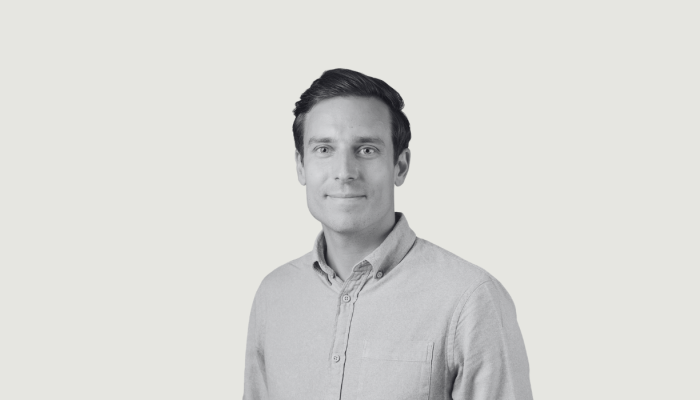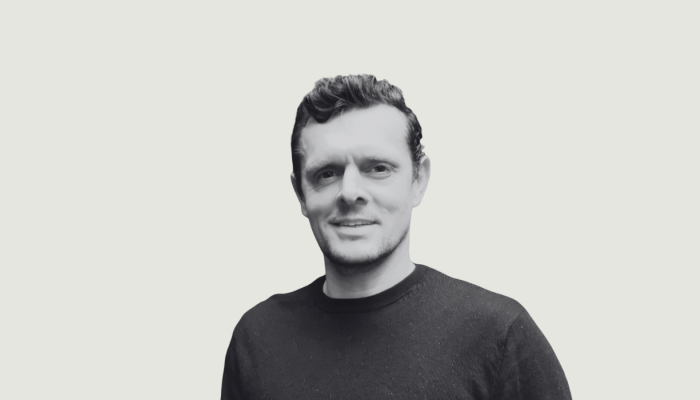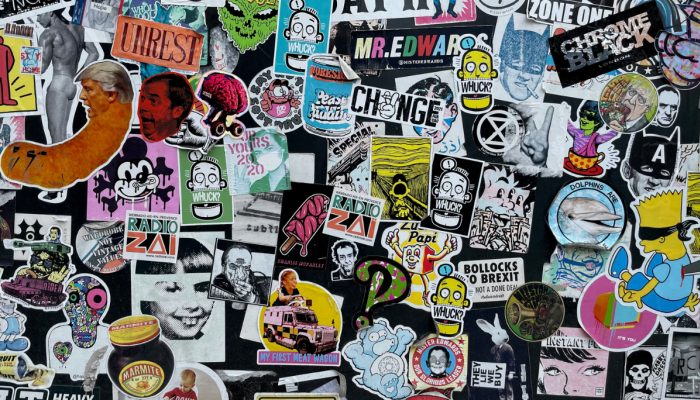Last Wednesday was World Mental Health Day and The Marketing Society invited me along to a ‘Wellness Fishbowl’ event. I love Wellness as much as the next strung out ad-person. Though I can’t claim to practice it half as much as I would like, I’ve done my share of yoga, mindfulness, and hypnotherapy sessions over the years and always found it incredibly positive for my mental health.
The ‘fishbowl’ element was less familiar to me but I gathered it would involve a ring of chairs with everyone sharing and supporting one another. It sounded very inclusive and definitely not typical of ad-land. Excellent. From what I could make out it promised to lie more in the world of the transformational coach training I’ve recently undertaken, which involved lots of open, supportive dialogue.
On arrival the only ad-land thing about the event was the sleek venue and free-flowing prosecco, wine and beer – a bit of Dutch courage perhaps – other than that the atmosphere was noticeably more friendly and open.
After some more-authentic-than-usual small talk we all took our seats. Around 40 people in the ‘fishbowl’. (Senior people, advertising people, non-ad people, and professional mental health people).
As we eyeballed each other across the ‘circle of trust’ the slight apprehension was palpable.
Gemma, the host and CEO of The Marketing Society, laid out the ground rules. We were all welcome to stand up and share our own mental health story for two minutes a piece. The digital timer would countdown and bleep when you’d had your time. Nothing like opening up and sharing under pressure… but it was well-intentioned, to ensure everyone got an equal chance to share. The second half of the event would welcome us all to share suggestions for improving mental health within the workplace. Because it’s doesn’t only cost the individual dearly, untreated mental health issues cost the economy a staggering £33-42 billion a year, with absenteeism accounting for £8bn alone.
Mark Given, a leader and marketer for Sainsburys kicked things off. His story is his to share, not mine, but he finished with a goal that was far from the norm: “As long as I’m marketing director it will be a department where everyone is safe to talk about their mental health.”
With each story bravely shared the apprehension melted away, replaced by a heady mix of understanding and kindness.
One speaker shared: “It’s a spectrum. It moves. I suffer with anxiety quite a lot. I was about to go on stage yesterday (I’ve been doing lots of events around mental health) and I thought I was going to have a panic attack.”
Simon Garnett acknowledged that many of us struggle to delineate between bad work equaling ‘I’m bad’ and good work equaling ‘I’m good’.
He pointed out that the ad-industry is full of under-confident over-achievers. “It’s a horrible thing that agencies do - they love to get people who don’t know their worth… because they work much harder without realising how good they are.”
That was one of the best advertising insights I’ve ever heard.
I felt compelled to share my own story. I talked about my battle with panic attacks in my 20s, how they left me feeling like I couldn’t breathe and was going to die at least once a day at one point. I talked about how on the one-hand I thrive on intense pressure but that in my mid-20s I had what (looking back) was clearly a mini breakdown and I had to have several weeks off work. I never felt able to really share how I felt. As a junior creative I had some great bosses yes, but I’ve had some terrible ones too. We work in an industry where it’s deemed acceptable for a creative director to treat people like sh!t as colleagues laugh it off as their being ‘eccentric’ or ‘creative’. (Newsflash: you don’t have to be an a$shole to be creative.) I’ve not had a panic attack for years but that episode taught me a valuable lesson. As a creative director myself now – I want my teams to feel supported and heard.
As another attendee pointed out “Kindness is so important. Being yourself is so important. 96% of employees are hiding something at work.” How does that tally up with the movement towards us all being our authentic selves?
One person commented that mental health is treated too much like a marketing budget. “Yeah we’ll do that when we’re doing really well.” say companies. Except the truth is that it’s most needed when companies aren’t doing so well.
Someone from Unilever talked about it being The Dove Project’s ‘Self-esteem day’.
“We went into schools today and told them that all the professional media is undermining their self-esteem. I can’t help but realise, we [as a group of people working in the media] are the very ones disseminating these messages.”
So what about practical steps to help? None of us can do this alone.
“It’s not just about preaching it’s about getting lots of people actively involved in mental health. You need an army.”
There were some brilliant initiatives already in place that we can all easily instigate.
1. Mental health allies
“We have 50 trained people. To listen. To safeguard. They’re not there to fix people. They listen and can get people to the right help. People know they can go to them. They’ve been called upon a lot and even when people have felt suicidal.”
2. Training
“38% of our staff stated their mental health was poor. And we have 1400 staff. So we realised that a lot of people are managing people with mental health issues. We teamed up with a third party to train people so they know how to deal with staff with a mental health issue. It’s important to be able to recognise the difference between an issue and a bad day or a lack of confidence. Everyone loved it, we’ve never had better feedback on a training programme.”
3. My mental health story (the group fave)
“On mental health day. Last year we invited several people to share their story in an email and we sent them out to the whole company with their name. When the emails went out you could have heard a pin drop. It immediately created a different vibe. The people who had shared were flooded with support or, at the very least, people acknowledging that they also feel like that. It changed the perception almost overnight. We did it again this year with even more people sharing. It sends a powerful message about being open.”
4. Changing the vernacular
“The number of times I’ve worked late and then I’m leaving early the next day and someone says ‘part timer’. That’s not ok. We call it out and stop people using that type of unhelpful language.”
5. Tea and talk
“We just get out the tea and biscuits and encourage people to chat. To talk. To share. To be human.”
Five beautifully simple things to help us all improve mental health. Don’t they say simple things please simple minds? Wouldn’t we all like to be able to access a less frantic, simpler mindset? Who wouldn’t be pleased with that?
This review was by Jo Wallace, creative director at JWT London. Follow her @jowallacetweets. Jo is also the founder of Good Girls Eat Dinner, a non-profit which exists to provide kick-a$$ female role models across the creative industries. The next event is November 8th and tickets are available on the website: GoodGirlsEatDinner.com



